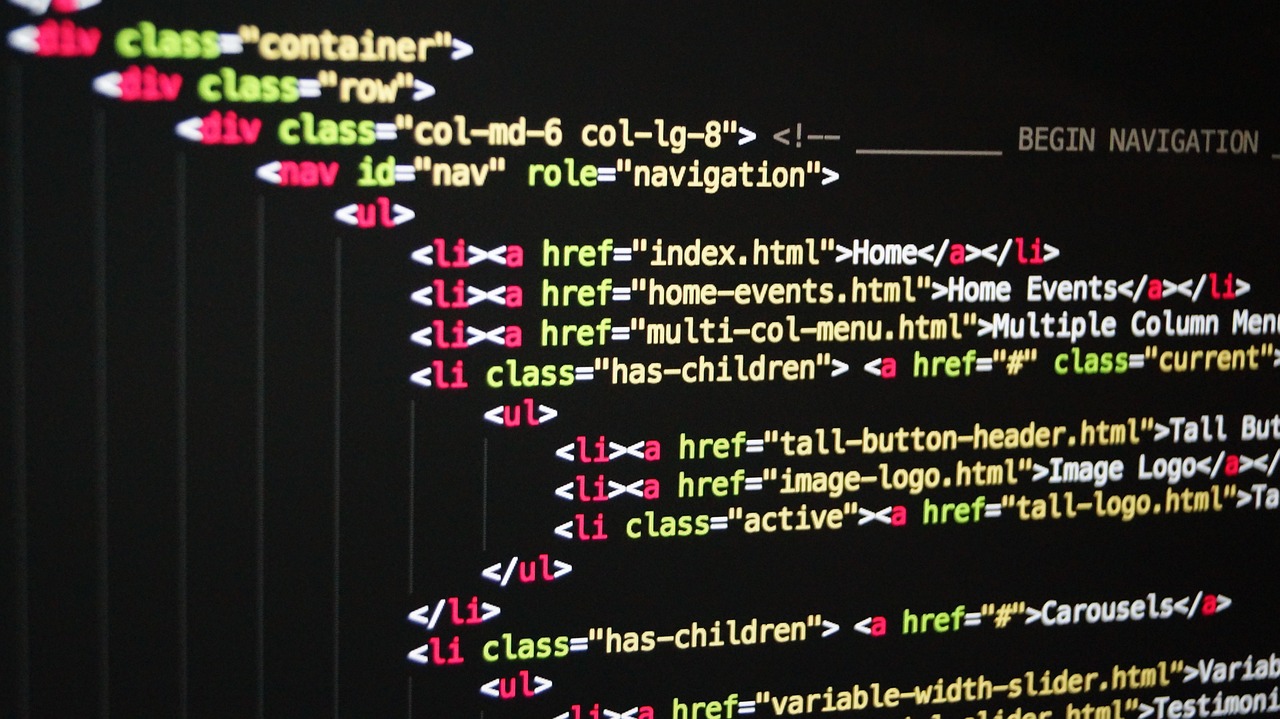Java Full Stack Course
Java Full Stack Course: A Java Full Stack Course provides comprehensive training in both front-end and back-end development using Java technologies. Participants learn Java programming, along with frameworks like Spring Boot for back-end development and Angular or React for front-end development. This course equips learners with the skills needed to build end-to-end web applications, covering topics such as RESTful APIs, database integration, user authentication, and deployment. With a focus on both client and server-side development, Java Full Stack courses prepare individuals for versatile roles in software engineering, enabling them to create robust, scalable, and efficient web applications. Hyderabad Consultancy Services
The content of a Java Full Stack course typically covers a wide range of topics to provide comprehensive training in both front-end and back-end development using Java technologies. Here’s a general outline of what such a course might include:
- Introduction to Java:
- Basics of Java programming language
- Object-oriented programming concepts
- Data types, variables, and operators
- Java EE (Enterprise Edition):
- Servlets and JSP (JavaServer Pages)
- JavaBeans and Java Persistence API (JPA)
- Enterprise JavaBeans (EJB) and JMS (Java Message Service)
- Spring Framework:
- Introduction to the Spring Framework
- Spring Core and Dependency Injection (DI)
- Spring Boot for rapid application development
- Spring Data for database access
- Spring Security for authentication and authorization
- Front-end Development:
- HTML5, CSS3, and JavaScript fundamentals
- Introduction to front-end frameworks like Angular or React
- Single-page application (SPA) development
- RESTful APIs and AJAX for communication with the back end
- Database Integration:
- Relational database concepts
- SQL (Structured Query Language) for database manipulation
- Integration of databases with Java applications using JDBC or JPA
- Version Control:
- Git and GitHub for version control and collaboration
- Deployment and DevOps:
- Introduction to containerization with Docker
- Continuous Integration/Continuous Deployment (CI/CD) pipelines
- Deployment of Java applications on cloud platforms like AWS, Azure, or Heroku
- Project Work:
- Practical hands-on projects to apply learned concepts
- Building a full-stack web application from scratch
- Working in teams to simulate real-world development environments
- Additional Topics:
- Testing methodologies like JUnit and Mockito
- Microservices architecture and its implementation
- Performance optimization and scalability considerations
- Career Guidance:
- Resume building and interview preparation
- Job search strategies and networking opportunities

